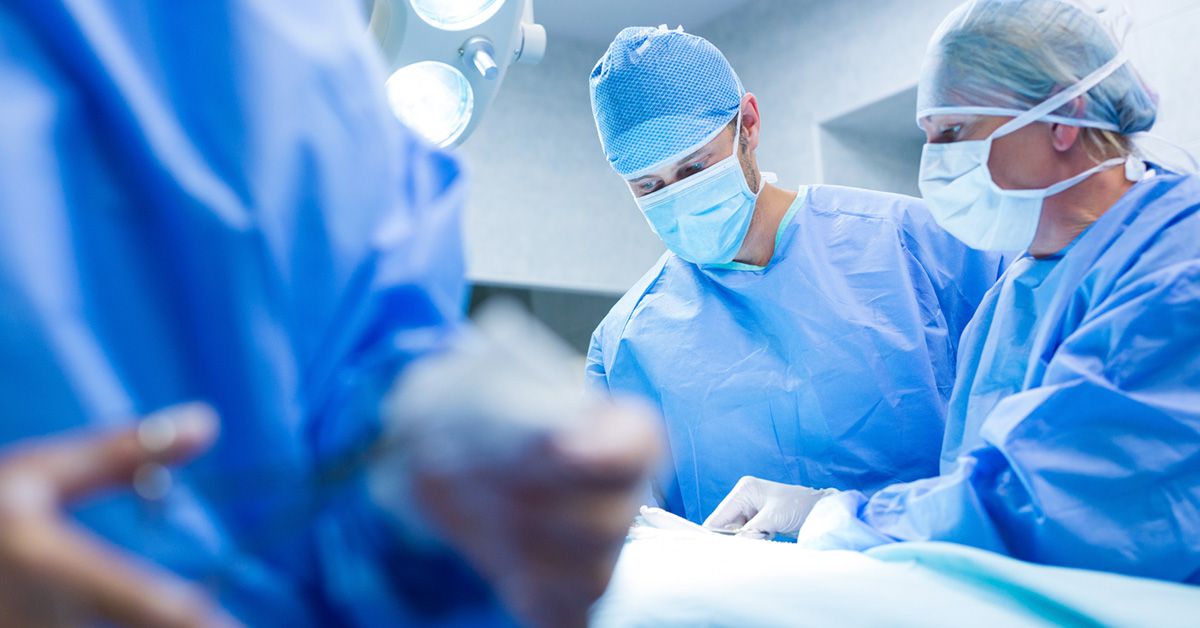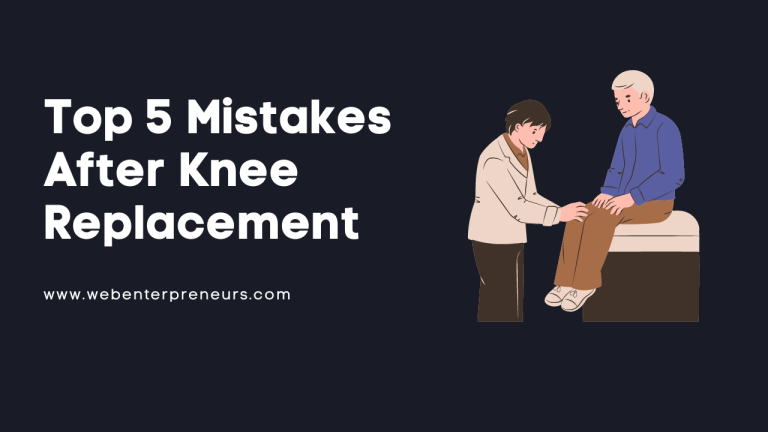Why Does My Stomach Appear Larger After Gallbladder Surgery?
Introduction
Gallbladder surgery, also known as cholecystectomy, is a common procedure to remove the gallbladder when it becomes inflamed or develops gallstones. While this surgery offers relief from gallbladder-related issues, some individuals may notice changes in the size and shape of their stomachs post-surgery. In this article, we’ll explore the reasons behind a bigger stomach after gallbladder surgery, address common concerns, and provide practical tips to alleviate discomfort and bloating.
Understanding Abdominal Bloating After Gallbladder Surgery
Abdominal bloating is a common complaint following gallbladder surgery. This bloating can be attributed to several factors, including:
a) Retained Gas: During surgery, carbon dioxide is used to inflate the abdomen, allowing the surgeon a better view and access to the gallbladder. Some of this gas may remain trapped in the abdominal cavity after the procedure, leading to a feeling of bloating and distension.
b) Sluggish Digestion: The removal of the gallbladder can impact the digestion and absorption of fats. Without the gallbladder’s role in storing and releasing bile to aid in fat digestion, the digestive system may need time to adjust, leading to slower digestion and potential bloating.
Post-Cholecystectomy Syndrome and Its Impact on Stomach Size
Post-cholecystectomy syndrome (PCS) refers to a collection of symptoms that can occur after gallbladder removal surgery. While not everyone experiences PCS, it can contribute to changes in stomach size. Some possible causes include:
a) Bile Flow Irregularities: Without a gallbladder, bile flow can become less regulated. This can result in bile being released continuously into the digestive tract, irritating the intestines and causing bloating or distension.
b) Sphincter of Oddi Dysfunction: The sphincter of Oddi is a muscular valve that controls the flow of bile and pancreatic juices into the small intestine. In some cases, this sphincter can become dysfunctional after gallbladder surgery, causing abdominal pain, bloating, and changes in stomach size.
Dietary Considerations for Reducing Stomach Bloating
Adopting certain dietary adjustments can help manage post-gallbladder surgery bloating and minimize stomach size changes. Consider the following recommendations:
a) Gradual Fat Intake Increase: Since the gallbladder’s absence affects fat digestion, it’s essential to introduce fats gradually into your diet. Start with small amounts of healthy fats, such as avocados or olive oil, and monitor how your body responds.
b) Balanced Fiber Consumption: Fiber is essential for digestive health, but excessive intake can cause gas and bloating. Aim for a balanced fiber intake by incorporating fruits, vegetables, and whole grains gradually, allowing your digestive system to adapt.
c) Smaller, Frequent Meals: Consuming smaller, more frequent meals rather than large meals can aid digestion and minimize bloating. Eating slowly and chewing food thoroughly can also alleviate discomfort.
Seeking Medical Advice and Support
If you’re concerned about the size of your stomach or experience persistent bloating after gallbladder surgery, it’s crucial to consult with your healthcare provider. They can assess your symptoms, provide personalized guidance, and rule out any underlying conditions contributing to your discomfort.
Frequently Asked Questions
Q1: How long does stomach bloating last after gallbladder removal?
A1: The duration of bloating varies from person to person. In most cases, post-operative bloating subsides within a few weeks as the body adjusts to the absence of the gallbladder and the digestive system rebalances.
Q2: Can gallbladder surgery cause weight gain?
A2: Gallbladder surgery itself does not directly cause weight gain. However, changes in digestion, dietary adjustments, and lifestyle modifications post-surgery can sometimes lead to weight fluctuations. It’s essential to maintain a balanced diet and engage in regular physical activity to manage weight effectively.
Q3: What are the symptoms of post-cholecystectomy syndrome related to stomach size?
A3: Symptoms of post-cholecystectomy syndrome can include abdominal pain, bloating, gas, indigestion, and changes in stomach size. If you experience these symptoms, consult your healthcare provider for an accurate diagnosis and appropriate treatment.
Conclusion
Experiencing a bigger stomach after gallbladder surgery is not uncommon, and it can be attributed to factors such as retained gas, changes in bile flow, or sphincter dysfunction. By understanding the underlying causes and implementing dietary adjustments, individuals can alleviate discomfort and reduce stomach bloating. Remember to consult with a healthcare professional to ensure proper evaluation and personalized guidance. With time and proper care, the body can adapt to the changes brought about by gallbladder surgery, leading to improved digestive well-being.






